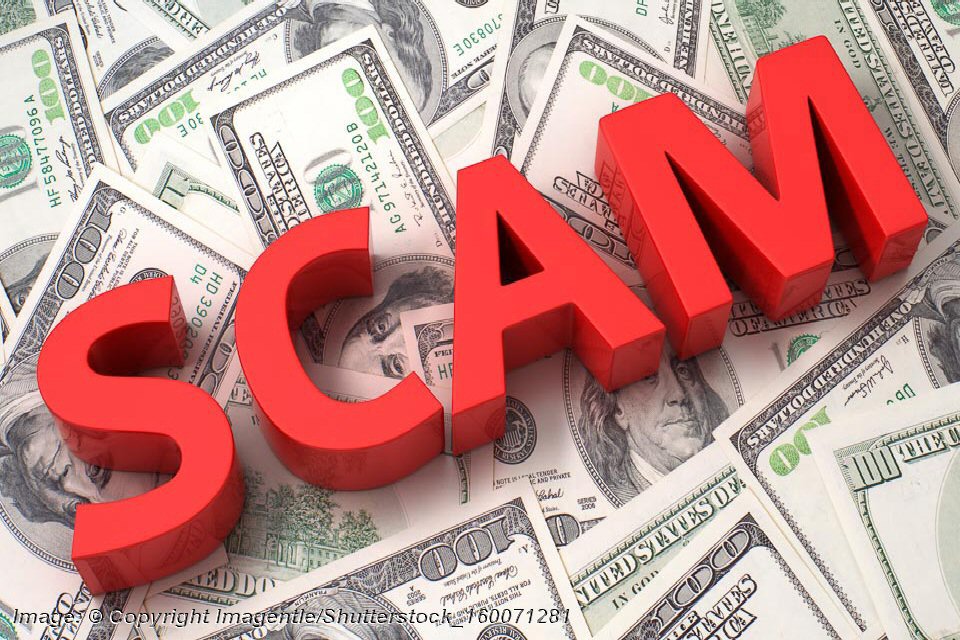Series of scams targeting residents across Delmarva

A series of scams are targeting residents across Delmarva, prompting local and statewide law enforcement agencies to issue advisories to the public.
Delaware State Police issued an advisory Monday following a reappearance of the Mystery Shopper Scam, a scam that uses newspaper ads and emails to create the impression that mystery shopping jobs are a gateway to a high-paying job with reputable companies.
You may have heard about people who are “hired” to be mystery shoppers, and told that their first assignment is to evaluate a money transfer service, like Western Union or MoneyGram.
The shopper receives a check with instructions to deposit it in a personal bank account, withdraw the amount in cash, and wire it to a third party. The check is a fake and this is a scam.
It is NOT necessary to pay anyone to get into the mystery shopper business. The certification offered is almost always worthless. A list of companies that hire mystery shoppers is available for free, and legitimate mystery shopper jobs are listed on the internet for free.
By law, banks must make the funds from deposited checks available within days, but uncovering a fake check can take weeks. It may seem that the check has cleared and that the money has posted to the account, but when the check turns out to be a fake, the person who deposited the check and wired the money will be responsible for paying back the bank.
The Ocean City Police Department also issued an advisory on Monday to residents and businesses about a scheme using email to solicit donations.
The initial email appears to come from an individual in a management type position within a private organization, directing the recipient to purchase gift cards and provide the individual with the information on the gift cards.
The email addresses the recipient by name and gives specific directions, such as “after the purchase of the cards, open & scratch the cards. Scan or take snapshot of the back of each card, attach & send to (various charity and email addresses)”.
In some of the emails, the scheme will provide a justification as to why you are taking photos of the gift cards. In other emails, it tells you the exact amount and type of gift card to purchase.
Each email has different wording but the same concept. It’s common for these emails to stress that time is of the essence and needs to be done quickly. The sending email address appears to be the actual email of the individual they are posing to be.
If you believe an email is a scam or if it sounds uncharacteristic of the person, do not reply back to the email. Contact the individual in a different manner or in a new email to eliminate the Phishing scam.
With the holiday season upon us, scams become more popular. If an email or phone call/message sounds suspicious, do not exchange money or personal information with them. Check with the individual or business to verify the information that was requested of you.
For more information, or if you have been a victim of a scam, visit the Federal Trade Commission’s website at FTC.gov. In addition, victims who have lost money in one of these scams are encouraged to file a report at their local law enforcement agency.


